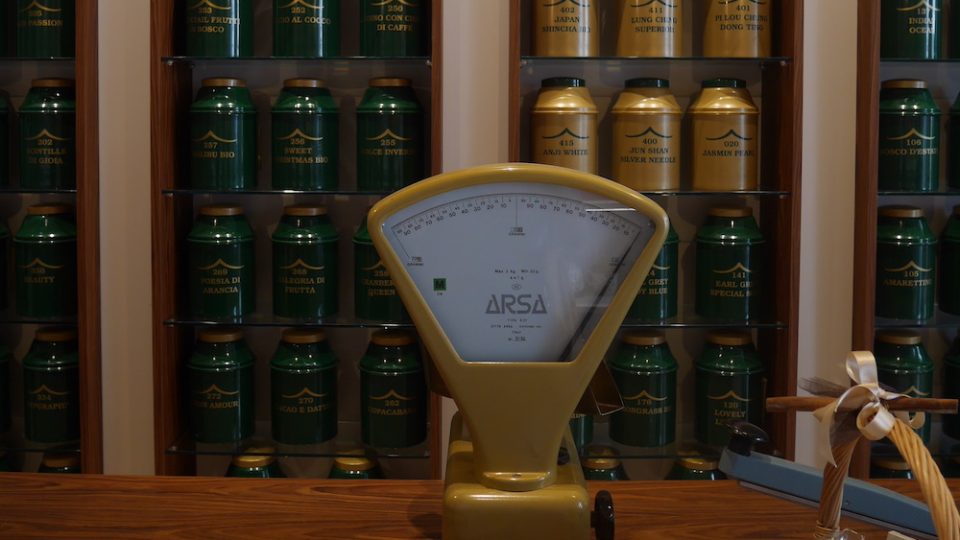[By Sophia Young]
After the tough exterior of their time in prison, your loved one may come out seeming like a changed person. However, it’s essential to remember that they’re still the same person you fell in love with– just with some new scars. Rebuilding a relationship with an ex-convict lover can be challenging. You’ll be on a roller coaster of emotions, trying to figure out how to trust them again while also helping them readjust to society. But overcoming these obstacles and having a healthy, happy relationship with your ex-convict partner is possible.
Challenges of Rebuilding a Relationship With an Ex-convict
Before we get into how you can rebuild your relationship with your ex-convict loved one, it’s important to understand the challenges you’ll face. They can be difficult to overcome, but recognizing them will help you be better prepared and have realistic expectations.
Trust issues
One of the most difficult things to deal with after your partner has been in prison is rebuilding trust. It’s natural to feel like you can’t trust them anymore, especially if they were incarcerated for a crime involving deceit or violence. You may worry that they will revert to their old ways and hurt you again, or they’ll never change.
However, keep in mind that your partner is also human—capable of change and deserves a second chance.
Anger and Resentment
It’s common to feel resentment and anger towards your partner after they’ve been in prison. You may be angry at them for the pain they caused you or for putting you through the stress of worrying about them while they were incarcerated. You may also be mad at yourself for staying with them or taking them back.
These feelings can make it difficult to move forward in your relationship. But try to remember that your partner is also struggling with their own guilt and shame. So, you must express these feelings in a healthy way and be considerate and patient with your partner.
Stigma and Discrimination
There is a lot of stigma and discrimination against ex-convicts, which can make it difficult for your partner to find a job, housing, or opportunities. You may also face discrimination for dating an ex-convict or think you’re stupid for staying with them.
There will be people who will not understand your relationship and will try to tell you that you're making a mistake. Yet, you know your partner better than anyone else, and only you can decide what's best for your relationship.
Mental Health Issues
Mental health issues are common among ex-convicts. Your partner may struggle with depression, anxiety, post-traumatic stress disorder (PTSD), or other mental health conditions. These issues can make it difficult for them to adjust to life outside of prison and may lead them to resort to old coping mechanisms. So, focus on both of your feelings and what you’re both going through.
These challenges are difficult, but not impossible, to overcome. There will be times that you’ll want to give up, but if you’re committed to rebuilding the relationship, you’ll find a way to make it work.
Tips for Rebuilding a Relationship With an Ex-Convict
1. Don’t dwell on the past.
The past is in the past; you may hate this cliché, and truth is, there’s nothing you can do to change it. So make a mental effort to refocus your attention whenever you automatically want to dwell on your partner’s actions or the pain they caused you. Instead, focus on the present and the future. What’s important is that your loved one is out of prison now and is trying to rebuild their life. Don’t let their past mistakes overshadow the progress they’re making now.
2. Communication is key.
In any relationship, communication is critical. But it’s imperative when you’re rebuilding trust. Talk to your partner about your concerns and give them a chance to explain themselves. Listen to what they say and try to empathize with their situation. It’s also important to communicate your own needs and boundaries. You shouldn’t feel like you have to walk on eggshells around your partner or tiptoe around their feelings.
3. Take things slowly.
Don’t expect your relationship to pick up where it left off. It will take time for you to trust your partner again and for them to readjust to life outside of prison. Take things slowly, and don’t put pressure on yourself or your partner. Start with small steps and work your way up. For instance, you may go on a few dates or spend time together in a group setting. Then, as your relationship begins to heal, you can rebuild the trust and intimacy you once had.
4. Seek support.
Having a support system is essential when dealing with the challenges of rebuilding your relationship. Talk to your friends and family about what you’re going through. They can offer you emotional support and practical advice. Or you can also join a support group for people in relationships with ex-convicts to meet others who understand your situation.
Whatever you do, don't try to go through this process alone. Reach out before you reach your breaking point.
5. Get Professional Help
If you’re struggling to rebuild your relationship, despite your best efforts, it may be time to seek professional help. A therapist can provide the tools and resources you and your partner need to overcome the challenges you’re facing. They can also offer impartial support and guidance as you navigate this difficult time.
Final Thoughts
When a loved one goes to jail, it can be a difficult and emotionally taxing experience. But just because they’ve been incarcerated doesn’t mean you have to end the relationship.
There's no denying that rebuilding a relationship with an ex-convict is difficult. It'll take time, patience, and effort.
But it's not impossible.
If you’re committed to your partner and willing to work through the challenges, you can rebuild the trust and intimacy you once had. Just take things slowly, communicate openly, and seek support when needed. With time and patience, your relationship can heal.
Keen on receiving support? Book your free Chemistry Call here.





